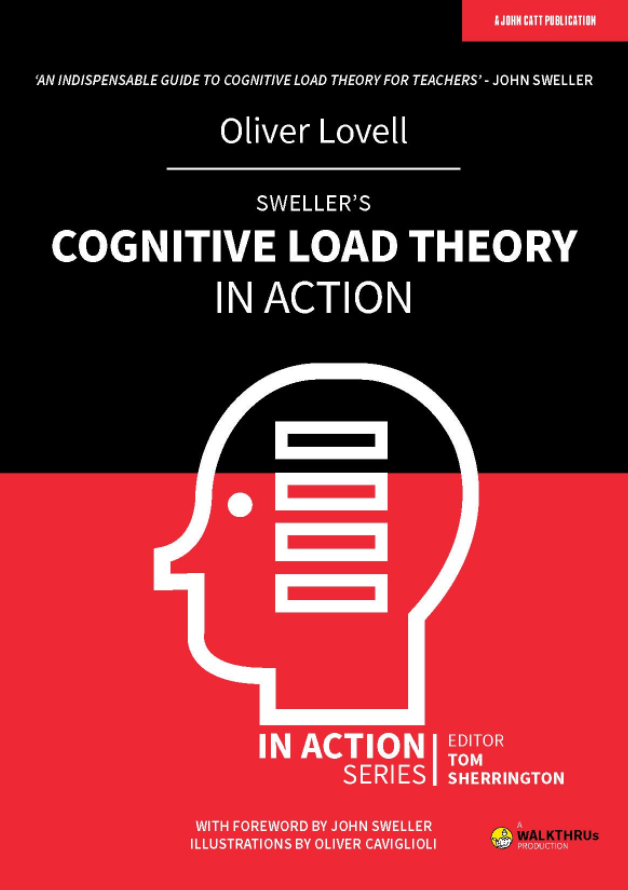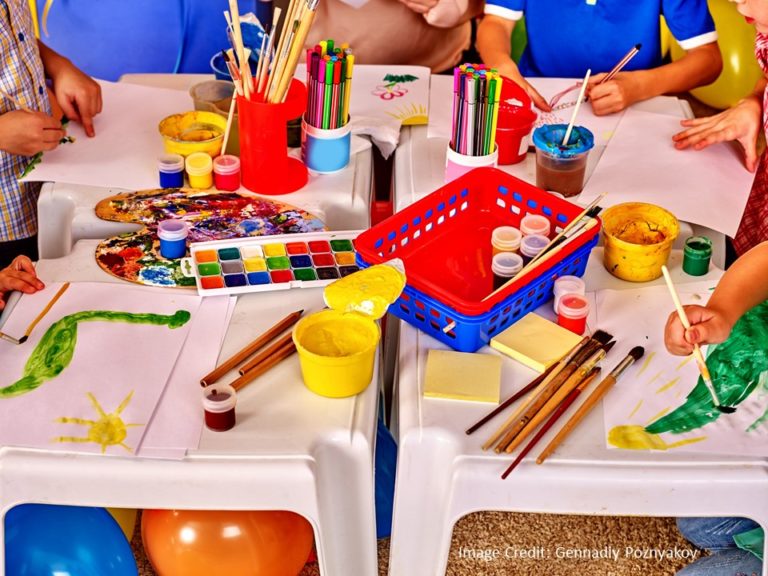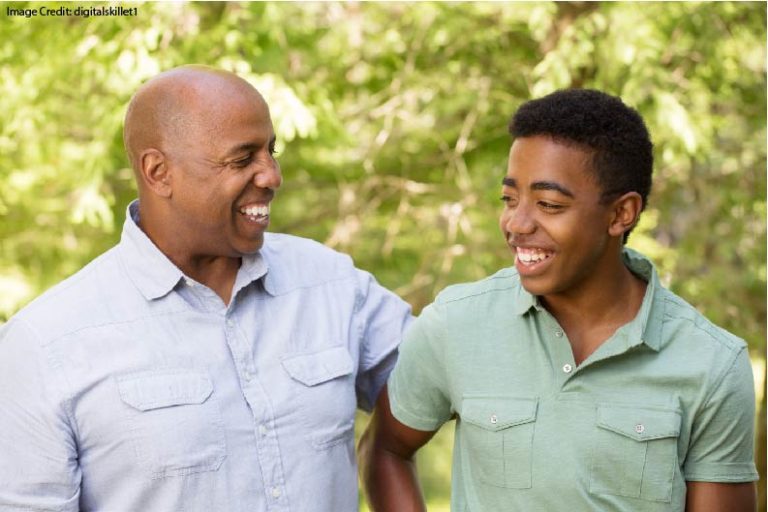-
ABOUT THE AUTHOR
Andrew Watson
Andrew began his classroom life as a high-school English teacher in 1988, and has been working in or near schools ever since. In 2008, Andrew began exploring the practical application of psychology and neuroscience in his classroom. In 2011, he earned his M. Ed. from the “Mind, Brain, Education” program at Harvard University. As President of “Translate the Brain,” Andrew now works with teachers, students, administrators, and parents to make learning easier and teaching more effective. He has presented at schools and workshops across the country; he also serves as an adviser to several organizations, including “The People’s Science.” Andrew is the author of "Learning Begins: The Science of Working Memory and Attention for the Classroom Teacher."
Tags
ADHD adolescence attention autism book review boundary conditions classroom advice conference speakers constructivism/direct instruction creativity desirable difficulty development dual coding elementary school embodied cognition emotion evolution exercise experts and novices gender high school homework intelligence long-term memory math methodology middle school mind-wandering mindfulness Mindset motivation neuromyths neuroscience online learning parents psychology reading retrieval practice self-control skepticism sleep STEM stress technology working memoryRecent Comments
- Goals, Failure, and Emotions: a Conceptual Framework |Education & Teacher Conferences on “Learning from Mistakes” vs. “Learning from Explanations”
- From Destruction to Rebuilding: Hope in Science’s Down Cycle on When Analogies Go Wrong: The Benefits of Stress?
- Dual Coding: Boosting Learning Through Words and Images – White Dragon of East County on Visual & Verbal: Welcome to “Dual Coding”
- "All People Learn the Same Way": Exploring a Debate |Education & Teacher Conferences on The Goldilocks Map by Andrew Watson
- URL on Difference Maker: Enacting Systems Theory in Biology Teaching, by Christian...
ABOUT THE BLOG

The Best Book on Cognitive Load Theory: Ollie Lovell to...
Teaching ought to be easy. After all, we have a functionally infinite amount of long-term…

The Bruce Willis Method: Catching Up Post-Covid [Reposted]
Because of Covid, our students have fallen behind. How can we help them “catch up”?…

Do Classroom Decorations Distract Students? A Story in 4 Parts…...
As we prepare for the upcoming school year, how should we think about decorating our…

Is “Cell Phone Addiction” Really a Thing? [Reposted]
A well-known Education Twitter personality claimed that “cell phones are as addictive as drugs.” Are…

The Best Teaching Advice We’ve Got
I’m on my annual vacation during this month, so I’ll be posting some articles that…

It’s All in the Timing: Improving Study Skills with Just-Right...
Some research-based teaching advice requires complex rethinking of our work. For instance: We know that…

An Amazingly Simple Way to Help Struggling Students (with Potential...
Imagine that you work at a school where these students consistently struggle compared to those students. As…

“It’s Good for the Brain!”: The Perils of Pollution, the...
When I talk with teachers about psychology and neuroscience research, I frequently get a question…

Getting the Order Just Right: When to “Generate,” When to...
When teachers get advice from psychology and neuroscience, we start by getting individual bits of…

The Bruce Willis Method: Catching Up Post-Covid
In the third Die Hard movie, Brue Willis and his unexpected partner Samuel L. Jackson need…

